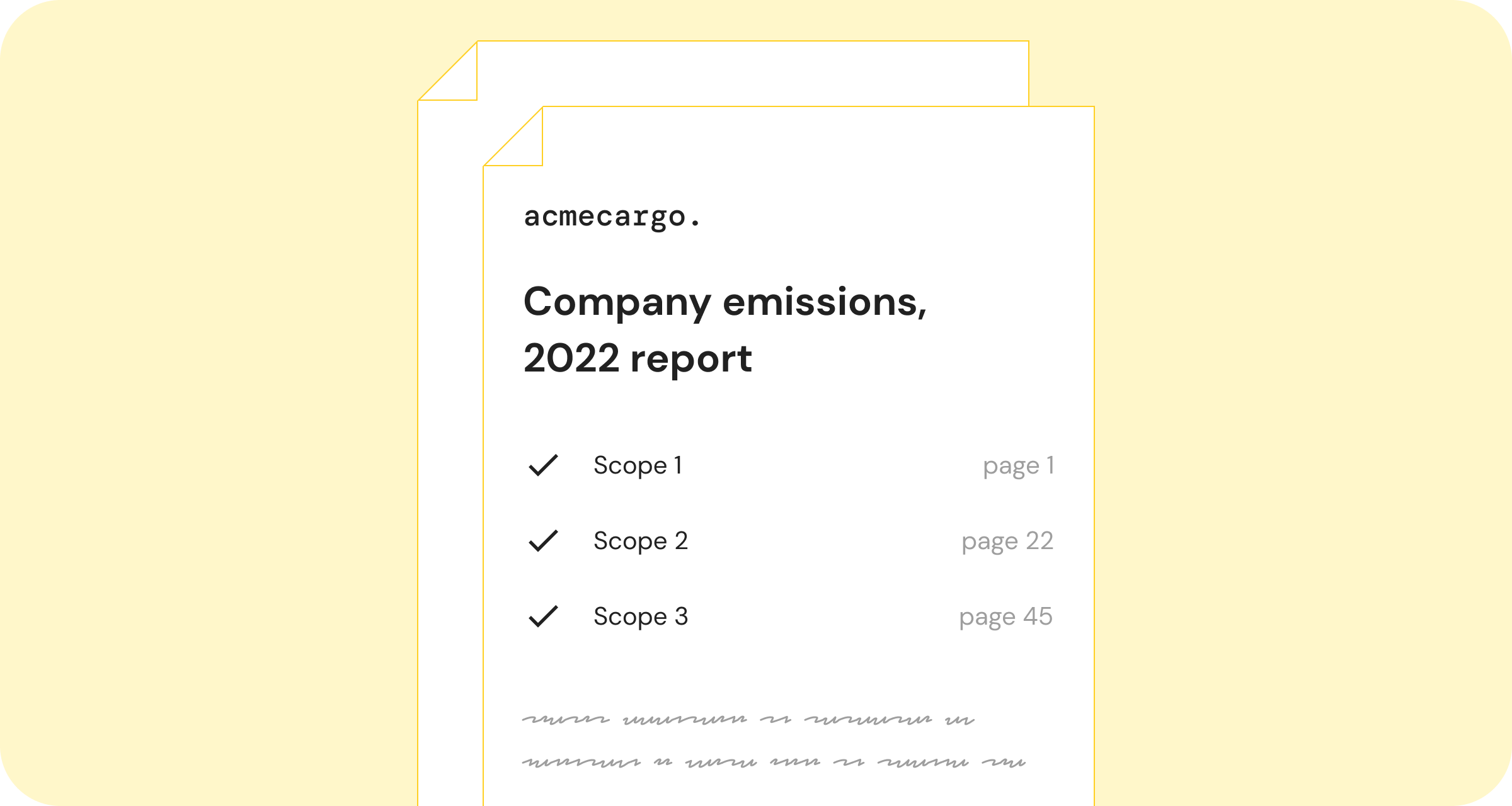

We speak to companies about their sustainability plans on the regular.
Most fully understand the role that businesses have to play in responding to climate change. They’re open to working on their own sustainability strategy – and they’re excited about the potential positive impact they could have.
But when it comes to actually getting started with their climate journey, there seem to be a few common barriers to making sustainability an immediate priority.
Which won’t do. Because climate needs to be the no.1 priority for all of us – including businesses. The planet depends on it.
And not only that, but with customers, employees, and investors looking for climate-friendly companies, there’s a clear business case for sustainability too.
So, we wanted to share the 4 most common barriers to making sustainability a priority that we hear from companies – as well as suggestions on how to overcome them.
1. Cost
It’s undeniable, becoming a climate positive company won’t be free.
Hiring a sustainability lead, making energy efficiency upgrades to your buildings, purchasing high-quality carbon offset credits – all have costs attached to them.
That’s why climate impact has typically been viewed as a cost centre by businesses, which inevitably means it isn’t a priority.
How to overcome it: point out that climate impact is more of a business opportunity than it is a cost. The commercial benefits of business sustainability (reputation boost, competitor differentiation, customer loyalty, improved financial performance, and more) mean that it will bring long-term business growth which goes way beyond those short-term costs.
2. Time
Just like costs, it’s undeniable that it does require time from your team to become a climate positive company.
Doing business sustainability in the right way takes time and effort, and likely involves multiple members of your employee team to play a part. It’s still uncommon to have a dedicated sustainability team, so it may well take manpower away from other areas of work.
How to overcome it: speak to your employees about their views on the importance of bringing climate impact into the company. More and more employees are looking for value-aligned companies and purposeful work, and sustainability is a major part of that. Being able to demonstrate that this is true for your company’s employees too will help to make sustainability a priority, because motivated and loyal employees are crucial to successful business.
3. Competing priorities
Dates are set to launch a business climate initiative. But an urgent issue comes up which needs fixing, and plans have to be pushed back to the next quarter.
Subscribe for the latest insights into driving climate positivity
Or a business is keen to work on climate impact. But their roadmap for the next year has already been planned and prioritised, and there isn’t the budget or resource to add a climate initiative into the mix.
Competing priorities are often the cause for delaying business sustainability plans.
How to overcome it: it can be hard to zoom out from business operations to look at the big picture. But it’s worth emphasising that when it comes to business climate action, time is running out. It won’t be long before businesses are legally required to report their own emissions, with penalties for those not making changes – we’re already seeing legislation being introduced. Prioritising sustainability now mitigates this future risk – whilst also making your company stand out from the crowd to customers, employees, and investors.
4. Reputation – fear of greenwashing
If companies launch a climate initiative, they want to be able to talk about it. But with greenwashing rife and climate marketing under increasing scrutiny, this brings with it a fear of communicating in the wrong way and causing damage to the brand’s reputation.
This is a valid fear. Climate change is a delicate topic, and it’s important to communicate sustainability work in the right way – focusing on transparency and avoiding embellishment. If there are no internal ‘experts’ to lean on around this topic, it can be understandably intimidating.
How to overcome it: we’d always recommend getting support from a trusted partner when you’re exploring business sustainability. Greenwashing starts with the actions you take and ensuring that your actions actually have a positive impact, which can be more complicated than you think. Working with a trusted sustainability partner like Lune means you don’t have to worry about this. Plus, they’ll have tons of experience in how to position messaging about climate initiatives and how to engage customers with your climate journey in the right ways.
Readers also liked
Readers also liked

Subscribe for emissions intelligence insights
Get the latest updates in the world of carbon tracking, accounting, reporting, and offsetting direct to your inbox.


